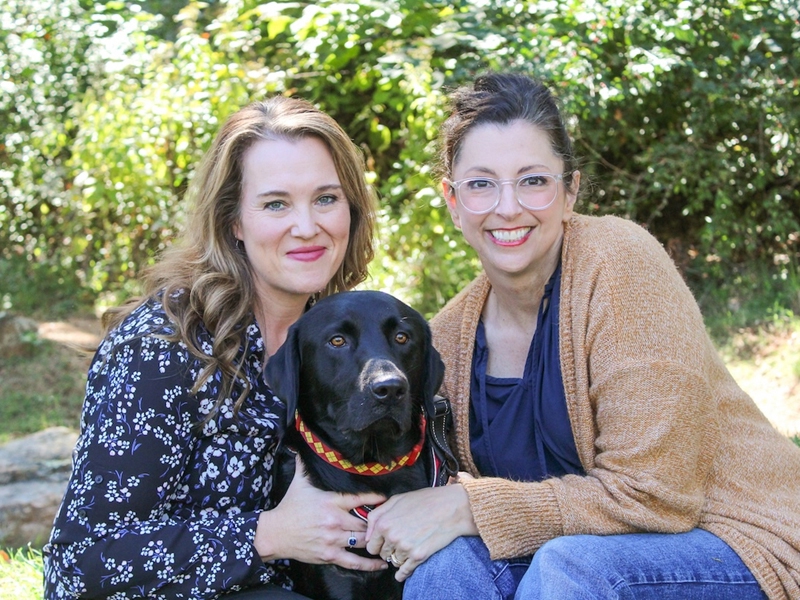In Arkansas, once children are referred for an autism diagnostic evaluation, caregivers are often faced with the difficult task of traveling across the state for an appointment with wait times that can range up to two or three years.
Inspired to increase access and start performing these evaluations herself, College of Education and Health Professions Eleanor Mann School of Nursing assistant professor Michele Kilmer partnered with the Community Clinic of Northwest Arkansas and started Access for Autism in the summer of 2021.
Access for Autism, located in the U of A Epley Center for Health Professions, deploys a hybrid model of in-person and telehealth appointments to perform diagnostic evaluations, therapy sessions and care management for children with developmental delay or behavioral concerns.
But what truly sets Access for Autism apart from other similar programs is the work done after a diagnosis.
"A lot of parents are told their child has autism, and then they don't know what to do," Kilmer said. "We really work hard with our community providers and the local speech, occupational and physical therapy clinics to improve care management for their child."
Improved care management has been a goal since Access for Autism first opened, and thanks to a grant from The FAR Fund this year, Kilmer was able to hire program manager Danielle Randolph, a registered nurse with almost two decades of experience in the field.
Randolph and Kilmer can streamline the diagnostic process together thanks to their hybrid model to help bring the time spent at the program from multiple days to a matter of hours. They can then get to work with helping children and parents, post-diagnosis.
"Working with Dr. Kilmer and Gryffin has been a dream come true," Randolph said. "Autism diagnostic services and care management are a much-needed service in the NWA region and surrounding areas, and I can't wait to see what the future holds for the Access for Autism program."
Dr. Gryffin Padfoot, a two-year-old black Labrador retriever and the first canine to be trained in both therapy and service dog techniques to assist children with autism, is an essential part of new research by Kilmer into animal-assisted therapy.
Thanks to hard work from both Kilmer and honors students in the College of Education and Health Professions nursing school, Gryffin is trained to alert when a child begins to feel anxious or stressed, which can lead to emotional dysregulation. He provides comfort measures like laying his head on a child's lap and giving "hugs." He also helps enhance prosocial skills by playing fetch, tug of war, hide and seek and chase with children. Gryffin knows 10 words in American Sign Language, so children with expressive language disorder, mutism or those who are nonverbal can interact with him.
As Access for Autism continues to grow and change lives, there remains a need to expand capabilities by bringing more staff on board. Growing will mean that Kilmer and her team can continue to help caregivers advocate for accommodations to help their children be successful through more education and practice.
"Our goal is that caregivers will understand the autistic brain more clearly," Kilmer said. "We want them focused more on the motivations behind a child's behavior rather than the behavior itself."
Parents and guardians who have a child who needs an evaluation can call 479-310-5143, and more information can be found on the Access for Autism website.
Topics
Contacts
Sean Rhomberg, assistant director of communications
College of Education and Health Professions
479-575-7529,
